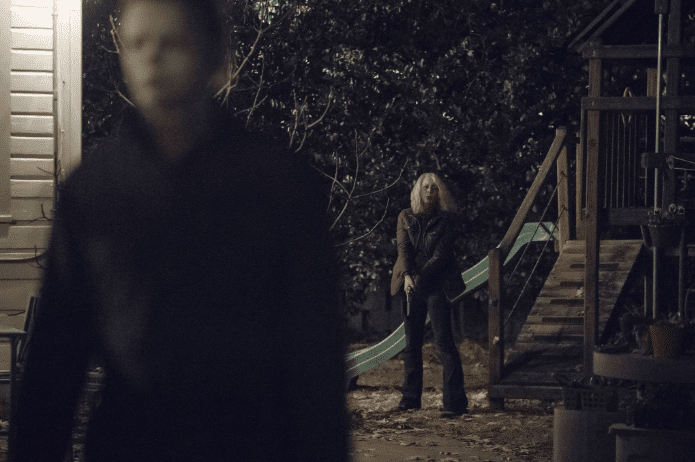Review: The Children Act
2nd May 2019
Drama movies offer up one of the largest varieties of quality the film industry has ever seen. Sometimes we’ll see all-time greats such as 12 Angry Men, The Shawshank Redemption or Whiplash. Other times, we may have to sit through middle of the road mundanities like The Children Act, a harrowingly mismatched and dull movie starring Emma Thompson and Stanley Tucci.
Emma Thompson, as ever, is a strong leading performer, but it’s a shame that in the entire runtime of the movie she’s given little of interest to do: middle-of-the-road filler more or less makes up her whole performance. Her husband, played by the ever talented but severely underused Stanley Tucci, quite literally ups and leaves within the first ten minutes of the film, we don’t see him return for a good hour after that.
That leaves it up to Thompson to carry the backbreaking weight of a mediocre story, though this is helped somewhat by a tight running time. If it were any longer the plot would’ve felt like soul-searching nonsense, any shorter and it would’ve been underdeveloped. Thompson at least manages to present an interesting enough performance, one that unfortunately gets worse and more tiresome as the film progresses.
But while the pacing may be perfect, the limitations of a very two-dimensional story are what makes The Children Act so dull. Meanwhile, Fionn Whitehead’s truly uncomfortable performance as Adam makes it all the worse due to his stalkerish relationship with Thompson’s Fiona Maye. The chemistry between the two is lacking and makes it all the more eerie and unconventional. Whitehead at times feels like he’s chewing the scenery a bit too much, with a performance akin to that of continually startling a rodent with a taser. He’s jumpy, flamboyantly ignorant of the plot and just a bit daft.
I’m not sure why I expected more, particularly from director Richard Eyre, whose only notable accomplishment in the film industry is throwing an Oscar win towards Jim Broadbent. His direction here is minimal and fairly dull: there are a lot of blank, still camera shots that don’t add or detract anything, they’re merely present.
This is very true of the film itself: it’s merely present. It’s just sort of there. Nothing will ever come of it, nobody will hail this as a resounding piece of drama, nor will they insist that it’s a horrific misfire. It’s in the middle, and there’s nothing worse than making a movie that’s just “okay”.


